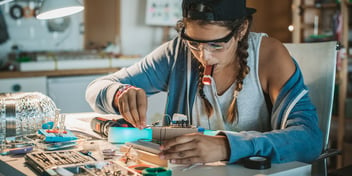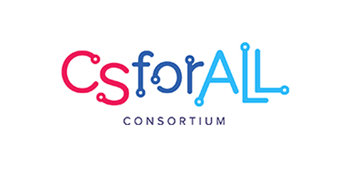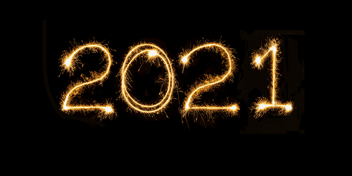How Online Education Supports Arts Access for All
By Carolyn Bennett
Access to high-quality arts education is a priority for many learners and families, and equity is an increasing concern for all.
In a recent press release, the National Association for Music Education stated, “Music and the arts play a vital role in America, but unfortunately, not all citizens have the same level of access to quality music and arts programs. Between 1982 and 2008, Black and Brown students saw their access to arts decline by 49% and 40% respectively, while access to arts education declined less than 2% for white students.”
Below are five ways online learning can help increase arts education access for all:
- Access to Relationships
Staffing constraints often limit arts offerings at many schools. A diverse pool of online teachers can provide unique, specialized opportunities that augment local course offerings. Online, students can learn from certified, highly-qualified teachers from around the country. In fact, students can deepen their artistic perspective by learning from the diverse viewpoints of experts and classmates beyond their local community. At VHS Learning, class sizes are limited to ensure that each student receives personalized support from their teacher and builds meaningful relationships with their peers.
- Access to Resources
Online arts curricula expose students to diverse resources. Students don’t have to fly into Charles de Gaulle to see the Mona Lisa or Shahjalal to hear a virtuoso tabla player; these cultural riches can be presented directly to students to experience first-hand online. In addition, in an online class, rich multimedia experiences can be woven directly into lessons to bring content to life.
- Access to Tools
In years past, students with an interest in photography would need access to a darkroom and a budget for consumable supplies before exploring their passion. Today, the ubiquity of the digital camera has empowered everyone to explore the art of photography! Online tools make it possible for young composers to hear a full orchestra play their work without having to hire the philharmonic; students can paint with pixels if they don’t have a brush. Online arts courses expose students to state-of-the-art tools that empower engagement without barriers. Many tools are industry standards that students may continue using to share their creativity long after their course concludes.
- Access to Differentiated Instruction
Limited in-school arts offerings can sometimes overlook students with specific learning needs. Students may need to work at a flexible pace, which is made possible in some online course formats. In an online format, students have the opportunity to listen, read, or watch instructions several times as they progress through a project. Ambitious arts students have an opportunity to participate in Advanced Placement® courses to extend their learning beyond their local school experiences. A well-designed online course coupled with a highly qualified teacher can benefit students with a variety of learning needs and goals.
- Access to Academic Flexibility
It’s always a struggle for engaged students to fit all their priorities and aspirations into their limited high-school schedule. Some arts experiences, such as playing with an ensemble or working on a pottery wheel, cannot be replicated online; However, scheduling limitations in the local school can make pursuing these irreplaceable opportunities difficult for some students. Online courses outside the arts can help empower students’ arts access in these situations. Asynchronous online courses offer students the flexibility to shuffle their schedules and find the freedom to fully invest in the face-to-face arts opportunities around them.
Every community provides unique, valuable experiences for young artists to grow and thrive. In a global community, these opportunities multiply.
Carolyn Bennett is Instructional Coordinator at VHS Learning. She was a face-to-face teacher for 14 years and taught AP® Music Theory online with VHS Learning since 2014. She holds a BA and MA in Music Education and is a Google certified educator. In addition to her teaching experience, she has held various leadership roles including serving as the prestigious Library of Congress Teacher in Residence in 2018-2019.


